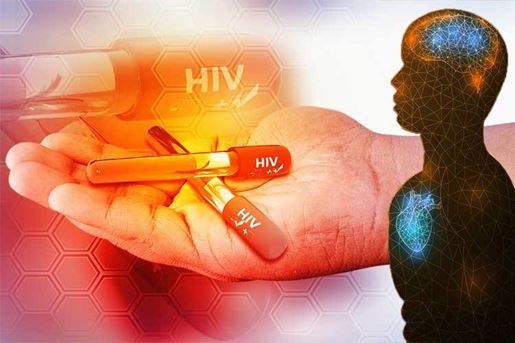Characteristics Prevention and Management of Cardiovascular Disease in People Living With HIV
Published: June 03, 2019

- This statement reviews existing evidence and key gaps on HIV-associated cardiovascular disease (CVD).
- Heart disease and stroke are common in people with HIV, even for people with well-controlled HIV and no detectable virus in the blood, and rates of heart attack, heart failure, and stroke are significantly greater in these people than those without HIV.
- This paper addresses significant gaps in understanding exist for the cardiologists and primary care physicians who are unaware of elevated CVD risks among HIV-infected persons and the infectious disease specialists, who may be inadequately informed regarding how to recognize, prevent, and treat CVD.
Supporting Materials
Recommended Reading
- 2018 Guideline on the Management of Blood Cholesterol
- 2019 Guideline on the Primary Prevention of Cardiovascular Disease
- Global Burden of Atherosclerotic Cardiovascular Disease in People Living with the Human Immunodeficiency Virus: A Systematic Review and Meta-Analysis
- Disparities in the Quality of Cardiovascular Care Between HIV-Infected Versus HIV-Uninfected Adults in the United States: A Cross-Sectional Study
- HIV infection and cardiovascular disease in women
- Acquired immunodeficiency syndrome and the risk of stroke